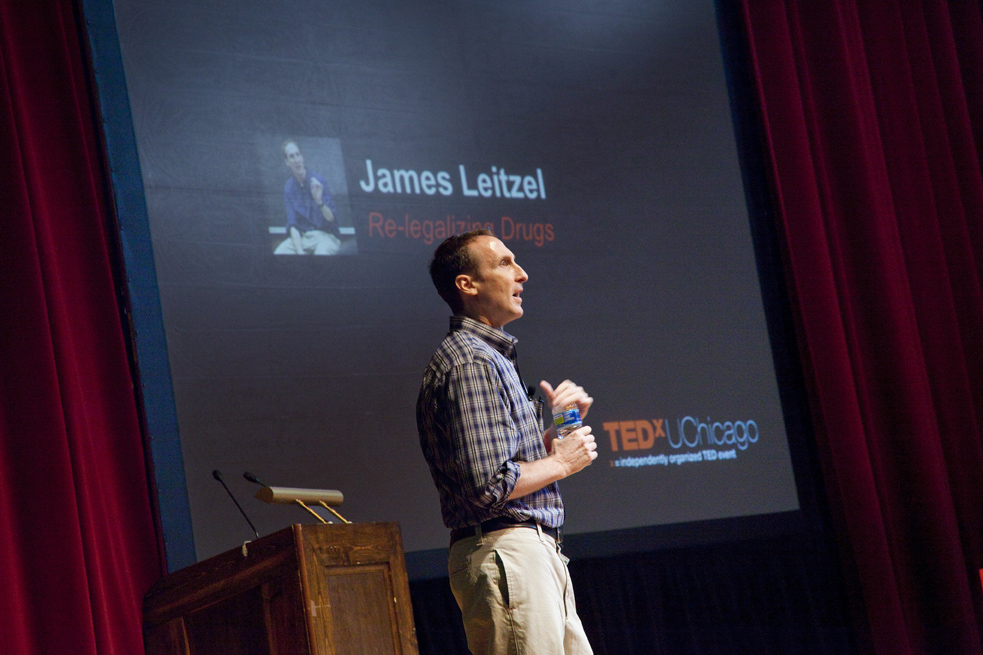The issue of drug legalization evokes impassioned debate across various societal strata. Imagine for a moment: what if humanity could frame the discourse on drugs through a lens not solely of prohibition but of understanding and compassion? What challenges might we face when contemplating the Baha’i perspective on drug legalization? This article seeks to address this contemplative inquiry, weaving through the multifaceted tenets of Baha’i teachings as they pertain to drug use, governance, and the welfare of humanity.
To embark on this exploration, it is imperative first to delineate the foundational beliefs that anchor the Baha’i Faith. Established in the mid-19th century, the Baha’i Faith emphasizes principles such as unity, justice, and the pursuit of knowledge. Central to these teachings is the belief in the oneness of humankind and the importance of collective well-being. Consequently, any dialogue surrounding drug legalization must be anchored in these core principles, emphasizing the necessity of compassion and social responsibility.
At the heart of Baha’i philosophy is the assertion that the purpose of existence is to develop virtues, align one’s actions with divine will, and contribute to the betterment of society. Drug use emerges as a complex ethical question, wherein the interplay of individual freedoms, societal health, and ethical governance comes into sharp focus. Indeed, how does one balance personal liberty against the potential ramifications of drug use on collective well-being?
Within Baha’i teachings, there exists a notable emphasis on the promotion of health and the avoidance of harm. The Baha’i writings advocate for the cultivation of physical and spiritual health, suggesting that while individuals have the right to make choices about their bodies, such choices should ideally harmonize with the collective welfare of society. Thus, if drug legalization were to be considered, it would necessitate a framework that prioritizes public health, education, and harm reduction. The community’s ability to benefit from informed decision-making stands as a pillar upon which any legislative undertakings must rest.
Imagine, if you will, a community where comprehensive education about drugs is mandated alongside any potential legalization. Such an initiative would not only inform individuals about the effects and risks associated with drug use but would also empower them to make informed decisions. This aligns seamlessly with the Baha’i emphasis on knowledge as a pathway to personal empowerment and societal advancement. However, the challenge arises in the implementation. Who decides the parameters for this education, and how can one ensure that the information disseminated remains free from bias while upholding a standard of ethical integrity?
Moreover, one cannot overlook the undeniable social inequities that permeate discussions of drug use and legality. The Baha’i writings advocate for social justice, emphasizing equity and the alleviation of poverty. Drug enforcement policies have historically exhibited deep-seated biases, disproportionately affecting marginalized communities. In deliberating the potential legalization of drugs, it is crucial to address these inequities. How might a reformed approach rectify past injustices while promoting health and safety for all members of society?
Furthermore, there exists the potential for the market dynamics of legalized drugs to exploit vulnerable populations. A prudent examination of the socio-economic ramifications surrounding such a policy must ensue. Baha’i teachings assert the necessity for socially conscious governance, which encompasses not only the protection of individual rights but also the safeguarding of societal welfare. The challenge lies in creating a regulatory framework that mitigates the possibility of exploitation while fostering an environment conducive to education and rehabilitation.
Integral to this process is the recognition of the spiritual and ethical implications of drug use. The Baha’i Faith extols the virtue of moderation and self-control. While acknowledging that the use of certain substances may not inherently lead to moral decay, there is a nuance that must be navigated with care. The addiction potential and its consequential effects on individuals and their families present significant challenges that warrant meticulous examination. Herein lies a critical question: how can policies surrounding drug use promote not only legal responsibility but also spiritual elevation?
Furthermore, the role of community plays a pivotal part in addressing drug-related issues. The Baha’i teachings cherish a communal approach to problem-solving. Thus, in the context of potential drug legalization, the involvement of diverse community voices becomes paramount. It stands to reason that a community-based strategy would yield more creative and contextually relevant solutions to problems posed by substance use than a top-down mandate. This raises questions about the efficacy of community-driven approaches versus state-led initiatives in both curbing drug abuse and strengthening society’s moral foundations.
In conclusion, while the Baha’i perspective on drug legalization is layered and nuanced, it encourages a dialogue rooted in compassion, community well-being, and informed choice. The challenge before society is to foster a legislative and educational framework that prioritizes health and justice, rectifying past harms while guiding individuals towards virtuous living. Through the lens of Baha’i teachings, the conversation must evolve from mere legality to encompass spiritual and communal enrichment that sustains the collective progress of humanity. Quite paradoxically, the path forward may rest not only in the hands of policymakers but within each of us, as we collectively navigate the complexities of existence and the choices we make.
